Specifically: for local crops, it is necessary to select plant species which is suitable for low pH conditions such as annual crops; including maize, Cucurbitaceae, watermelon, potato, sweet potato, sugarcane, peanuts, soybeans, herbs… along with perennial crops including tea, pepper, nicotiana tabacum, dragon fruit, camellia Sinensis, and tangerines.
Local people were also recommended to plant indigenous trees such as melaleuca cajuputi, camellia oleifera, and vatica,... to reduce soil leaching and nutrient degradation. Besides, melaleuca cajuputi is also an economically valuable tree as it is exploited to make tea tree essential oil.
The researchers also proposed several technical plans to improve soil physical properties such as sponge and aeration; chemical properties of acidic soil and soil biological properties before planting plants for high efficiency.
According to Thua Thien Hue ProvinceUnion of Friendship Organizations, over the years, a large area of sandy soil in Luong Mai village has been abandoned and cannot be used since local people faced many difficulties in farming. Moreover, with many bombs and explosives lying in the ground for a long time, it is also hypothesized that the soil here may be contaminated by toxic substances such as lead, arsenic, and copper from explosive ordnance due to the oxidation taking place for a long time.
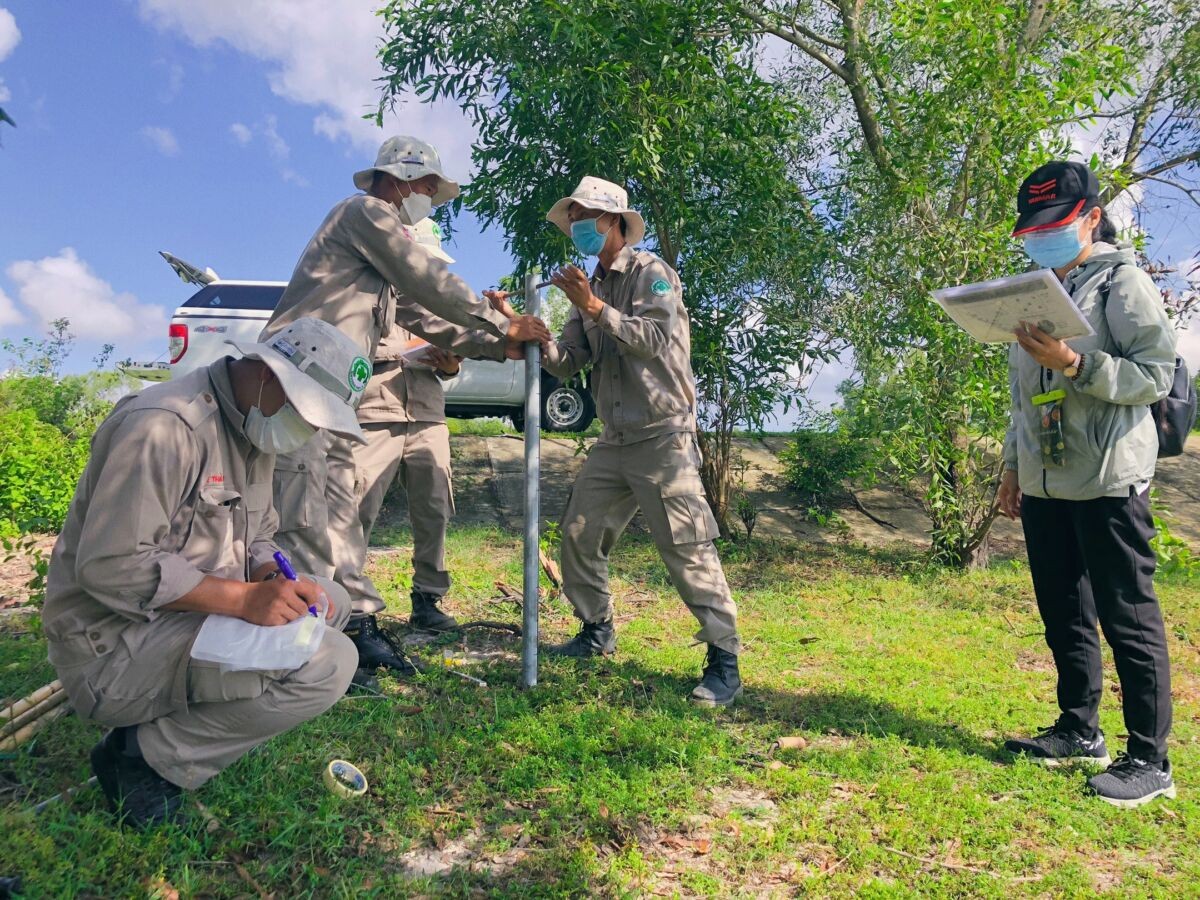
NPA staff took soil samples in Luong Mai village for the survey. Photo: HueFO
In September 2021, HueFO cooperated with NPA to implement the program “Enhancing the efficiency of land use after clearance through soil environment analysis in Luong Mai village, Phong Chuong commune, Phong Dien district” to identify soil properties and pollution levels due to explosive ordnance, helping people have a safe and effective land-use planning. This is also a pilot activity as a premise to build large-scale and longer-term projects in the future.
Ban TTĐN

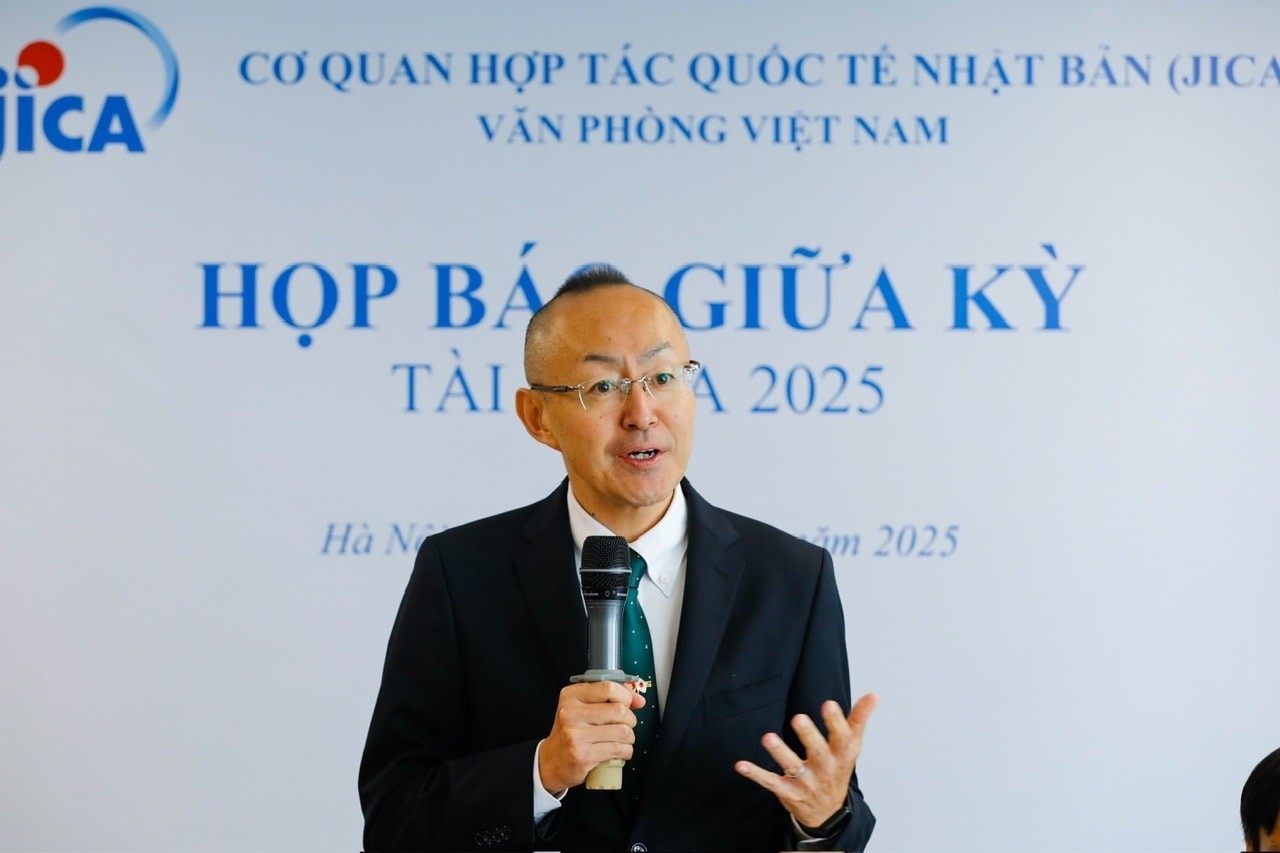

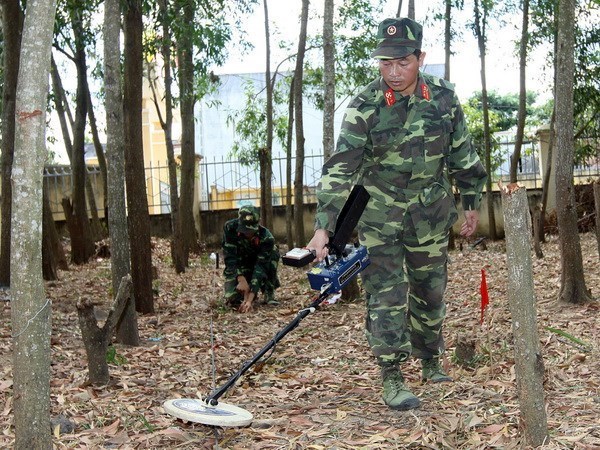
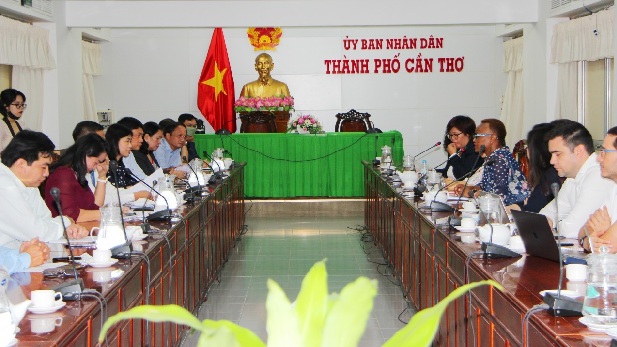
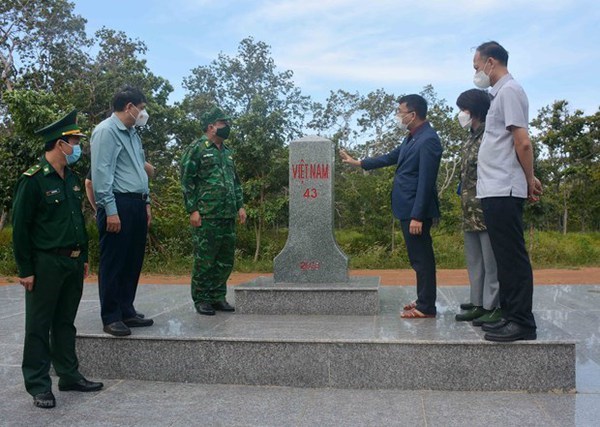
.jpg)


.png)

